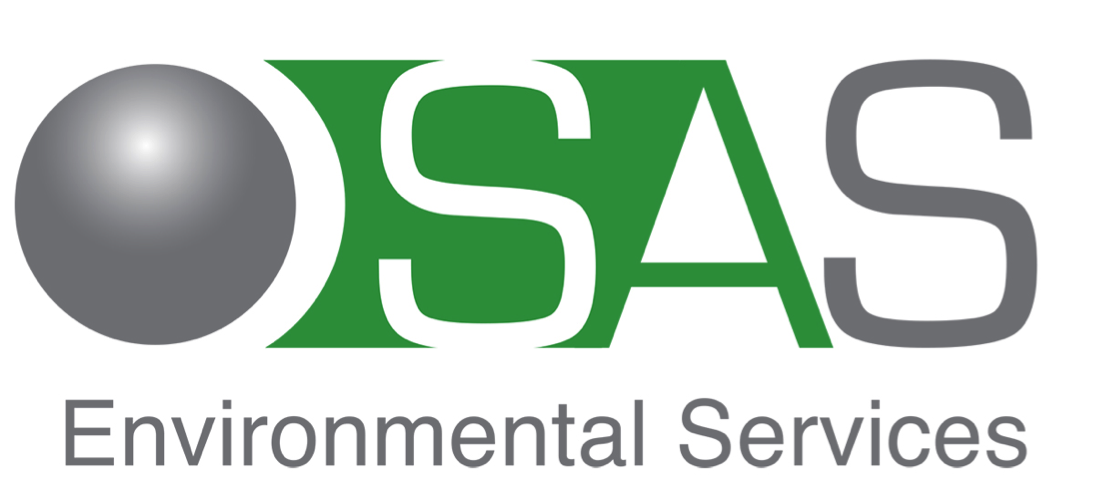What challenges do businesses face in the transition to zero carbon?
/Transition to zero carbon will be an important business priority over the next years. Governments are activity setting a target to reach net zero greenhouse gas emissions by 2050, which is expected to result in increasing legislation, as well as incentives, to ensure businesses play their part.
Moving to a position of carbon neutrality is a significant undertaking, with many challenges facing businesses of all types. The desire to reduce carbon emissions is strong and continues to grow, as new generations enter the workforce and demand change.
Overcoming cost barriers
With increasing environmental pressures often come associated higher costs. The perceived burden of measuring, classifying and putting a programme of continuous improvement of Green House gas (GHG) is an additional pressure on a company’s resources.
Change is always approached with apprehension and suspicion. However, with CHANGE comes OPPORTUNITY.
At SAS ENVIRONMENTAL, we pride ourselves by providing innovative technical solutions to the treatment of wastes and recovery of valuable hydrocarbon resources. Our innovative technology is proven to recover typically 80% of oily volume and returning it to a useable form. This not only reduces residual waste volume and associated treatment and disposal costs; but provides the benefit of the value of the oil recovered.
SAS Environmental customers’ face the same challenges of reducing the discharge of oily waste by converting much of it to reusable resource. In the months to come the requirement to measure and report material that contributes to the Carbon loading will become an increasing requirement and the incentive to Reduce, Reclaim, Recycle and Reuse will never have been more important.
We now see that the benefits extend from not only reclaiming valuable resource but the equally valuable reduction in GHG emissions associated with conventional treatment and disposal.
This is no better illustrated by the processing of Oily waste at the INEOS site at Grangemouth.
As legislators embrace the needs for reporting of, and reduction of Carbon rich, oily wastes; increased emphasis will be placed on recovery of these ‘wastes’ and turning them into usable, commercially valuable resource.
Saving the planet, one step at a time.
If you have any waste treatment projects you're working on in oil waste then get in touch with us on any one of the many channels that are available. We would love to talk to you and see if we can help you, help the planet.
Find out more about oil sludge treatment in our Case Study by clicking below.



